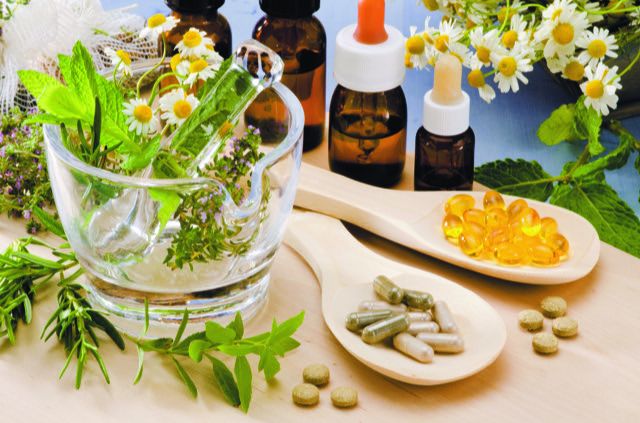Herbal products are available in a wide variety of forms, from pills and powders to teas and oils.
Consumers expect such “natural” products to be safe and to contain the ingredients advertised on the label. Although natural, herbal remedies do carry risks and, unfortunately, a review of studies found they are not always what they claim to be.
The review looked at 46 studies that performed chemical analysis on a total of 727 different herbal products. The vast majority of studies reported quality problems with herbal products, including large variations in chemical composition that ranged from the total absence of the expected compounds to unnaturally high concentrations. Quality varied even within batches of the same product.
The authors report that the majority of adverse events related to the use of herbal products are due either to improper use or poor product quality. Quality issues—such as the use of poor-quality or misidentified herbs; incorrect processing, manufacturing, and storage methods; and contamination of starting materials or products—have the potential to reduce the desired effect of the product or even potentially cause adverse and herb-drug reactions. (Herbs such as St. John’s Wort, ginkgo, ginger, ginseng, and green tea are known to interact with specific drugs.)
These variations not only make it difficult for consumers to know what they are getting, but also make it hard for researchers to study the effectiveness of herbal supplements. The authors recommend manufacturers focus more on quality, standardization, and reproducibility. Regulating bodies should also provide more oversite for herbal products. In the meantime, consumers can check packaging for the marks of independent appraisers such as U.S. Pharmacopeia (USP), ConsumerLab.com, and NSF International. Consult your health-care provider before starting any herbal supplements.
























